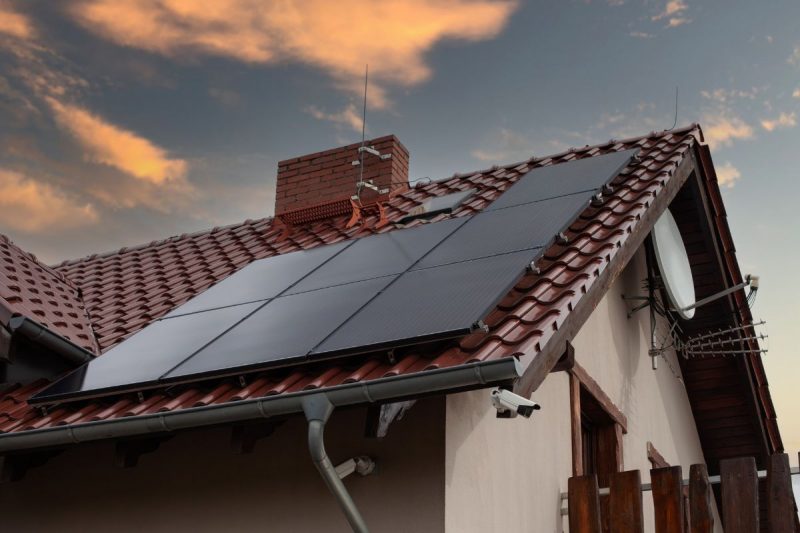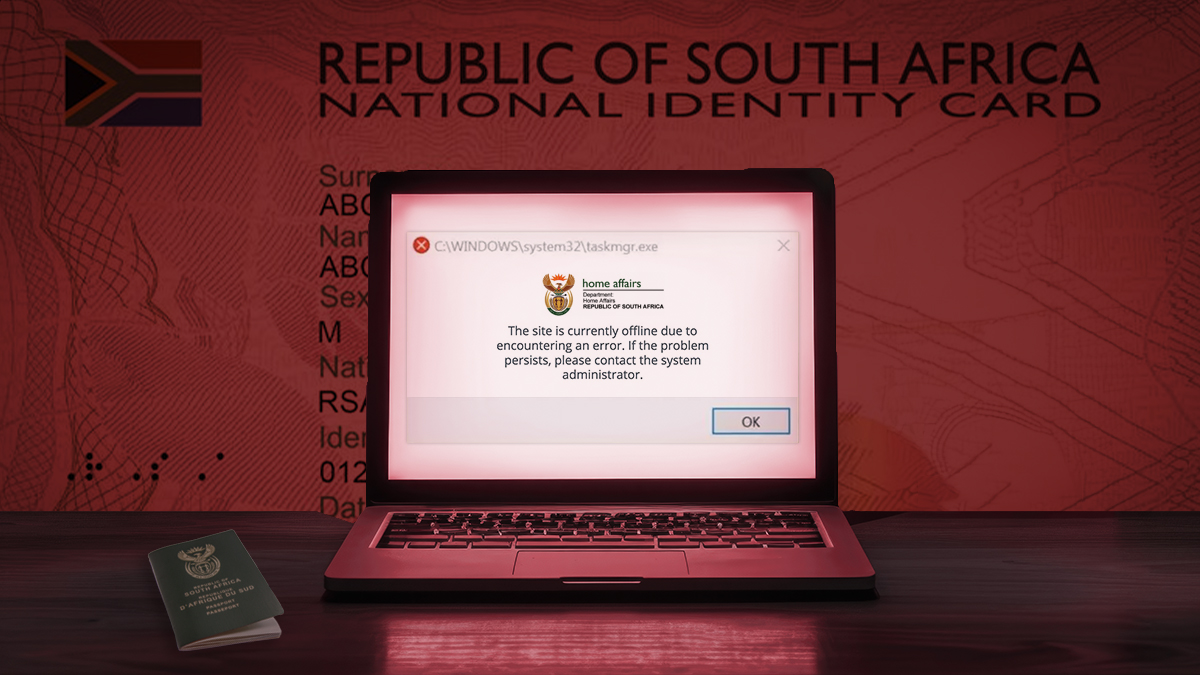Legal challenge against Eskom solar price pain

AfriForum has sent a lawyer’s letter to Eskom demanding clarity on the mandatory registration of small-scale embedded generators (SSEG) and associated regulations.
The civil rights organisations say legislation requiring the registration of SSEG systems only applies to customers generating more than 100kW.
Unless Eskom can provide the legislation, regulations, or guidelines that authorise it to enforce registration for smaller systems, its intentions to proceed would be unlawful.
This comes after the civil rights organisation wrote to Eskom earlier in 2025 asking for clarity. However, the letter was met with silence.
“Eskom’s silence on AfriForum’s request for clarity makes one wonder whether the power utility is trying to cover up the fact that no enforceable regulations such as these exist,” says Deidré Steffens, advisor for local government affairs at AfriForum.
“AfriForum’s legal team has therefore once again requested Eskom to provide clarity to the public as soon as possible about the regulations that authorise it to compel registration.”
AfriForum local government affairs manager Morné Mostert highlighted that Eskom’s communications clearly state that users with solar installations who receive power from Eskom must register before March 2026.
“However, no reference is made to the regulations that make this registration at Eskom mandatory and enforceable,” he added.
Mostert also raised concerns about Eskom’s registration requirement for customers to get a qualified engineer to sign off on SSEG installations, which he notes would cost customers tens of thousands of rands.
“Again, Eskom refers to regulations prescribed by the National Energy Regulator of South Africa (NERSA) but does not specify the regulations that support the power utilities requests,” he said.
The civil rights organisation requested that Eskom provide specific references to the provisions, policies, or regulations the power utility uses to enforce mandatory registrations.
It also seeks clarity on the legal basis for imposing fines on customers who do not comply with the registration requirements.
“Should the power utility fail to provide this information before 18 April, AfriForum reserves the right to take the necessary legal steps to obtain clarity,” it added.
Call to scrap Eskom’s solar fees

While Eskom has given households with SSEG systems until 31 March 2026 to register their systems, forestry, fisheries, and environment minister Dion George called upon the power utility to exempt residential customers indefinitely.
The minister voiced his support for Eskom’s decision to waive registration fees and provide free smart meters for residential customers with SSEG systems until 31 March 2026.
He said it aligned with his decision to impose strict conditions on Eskom’s coal-fired power stations.
However, he said these benefits must remain indefinitely if Eskom is truly committed to reducing emissions and advancing the just transition to a low-carbon economy.
“In view of recent comments about their posture to charge a registration fee, the minister encourages Eskom to extend this waiver indefinitely and take bolder steps to accelerate South Africa’s shift from coal,” George’s department said.
“While the current exemption, covering registration fees, smart meter costs, and connection charges until March 2026, is a positive measure — saving households with typical 16 kVA systems up to R9,132 — it remains a temporary fix.”
“We urge Eskom to make these benefits permanent for residential customers.”
The department believes the looming implementation of these fees will discourage households from investing in solar and other renewable energy sources, ultimately slowing South Africa’s transition to renewable energy.
“Today, Eskom’s approved 12.74% tariff increase for direct customers also kicks in, further raising electricity costs and underscoring the need for accessible renewable alternatives,” the department said.
“If Eskom is serious about reducing emissions and advancing the just transition to a low-carbon economy, it must eliminate obstacles for households eager to embrace renewables.”
It said permanently waiving registration and associated costs for residential systems up to 50kVA would demonstrate the power utility’s commitment to empowering South Africans to reduce their reliance on coal power.
































